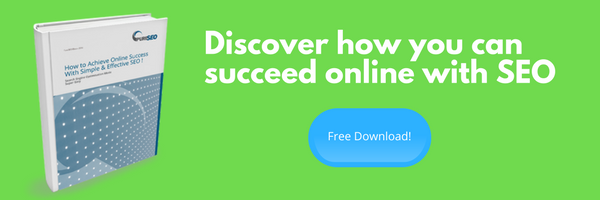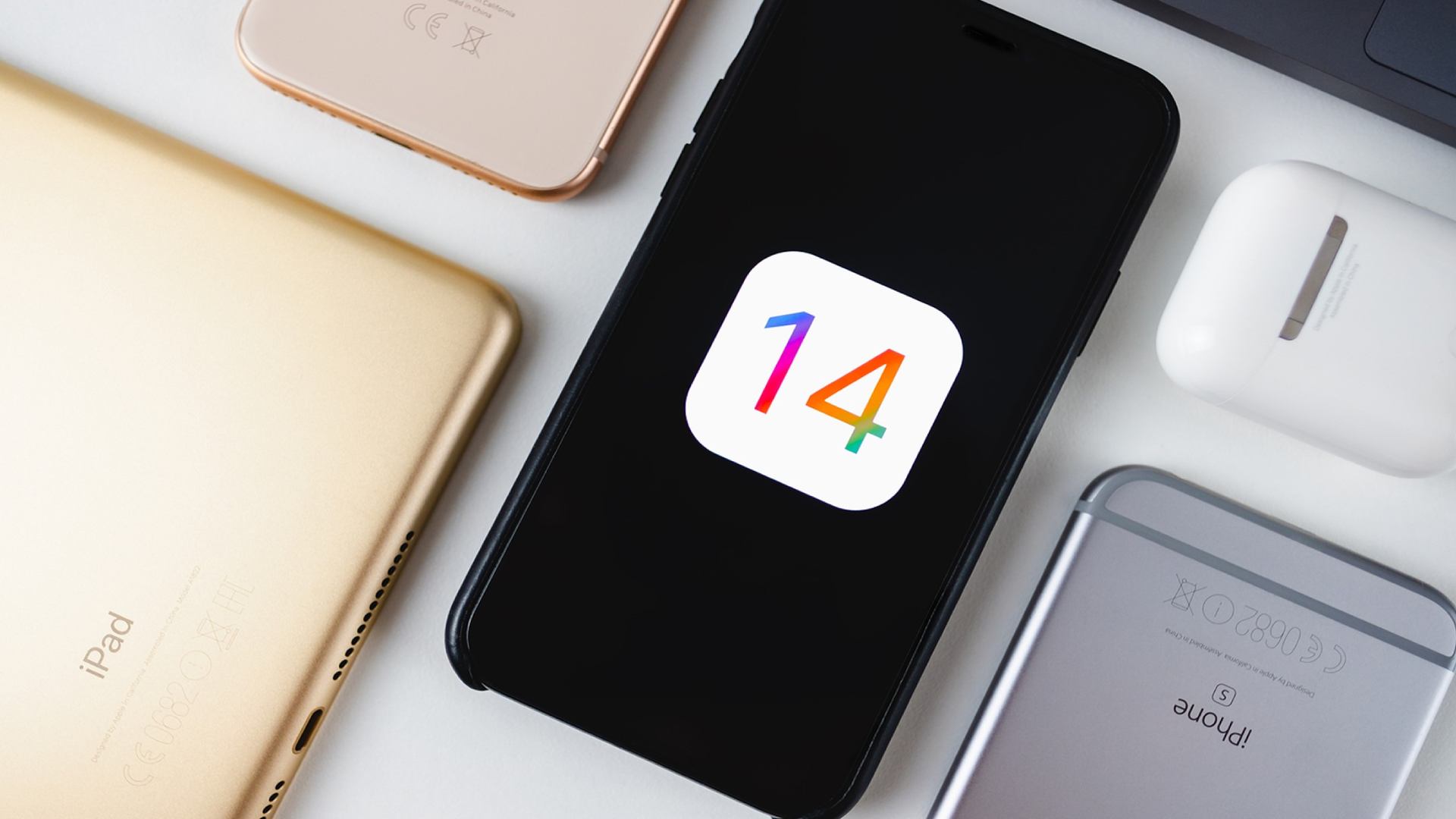The SEO landscape is changing, and it’s all thanks to Google’s new machine-learning algorithm, RankBrain.
Given that Google has publicly declared RankBrain as the ‘third most important factor influencing search engine positioning’, it’s safe to say that RankBrain will have a significant impact on any business engaging in SEO activities.
Here’s a quick look at what we know so far, and how best to adapt to these changes.
So, what is RankBrain?
Simply put, RankBrain is a part of Google’s search algorithm that teaches itself to sort through billions of web pages and return the most relevant search results. As a machine-learning algorithm, over time RankBrain will grow smarter, making more and more connections between search terms and desired results. Its inclusion of artificial intelligence means that its sorting ability comes from both its original programming and its development of new, ongoing connections.
Primarily, this differs from current Google search engine practices due to RankBrain’s ability to understand intent, by inferring the meaning behind the actual words you’ve used. In other words, Google can now interpret search terms and use these to deliver the best results. By interpreting intent, ‘long-tail’ queries can be broken down to find the real results a user is looking to see. Instead of simply presenting whatever you have searched for, RankBrain allows Google to be proactive, and to make assumptions about what you may be searching for based on your words and your previous behaviour.
Essentially, RankBrain was Google’s solution to the realisation that voice search is only going to continue to grow.
How to optimise for RankBrain
According to official statements, there is no way to optimise for RankBrain’s algorithm. However, that’s not to say we should sit around and do nothing. In fact, RankBrain functions using similar principles to those of ‘word2vec’. Word2vec is an open source program, which utilises a text corpus to visually represent word associations. Essentially, word2vec counts the distance between words and phrases, then presents a diagram showing how related each word is to another.
Based on our understanding of word2vec, and the core principles of RankBrain, there are three key actions that we can take now, to begin winning at RankBrain:
- Focus on people – Gone are the days of trying to get inside the mind of an algorithm or system. RankBrain exists to provide the best content for people, so the best way to optimise is also to focus on people. Think about your visitors’ behaviour, and what changes you can make to provide a more enjoyable experience. This might be as simple as making your content more relevant and specific on a certain topic.
- Create stunning content – Yes, content is still king! But more than that, under RankBrain’s algorithm, it’s critical to generate more inclusive content. Look to cover all aspects of a topic, and answer as many questions as possible. Ultimately, if you aim to provide information which is useful for your audience, then you share the same goal as RankBrain and will be well on your way to winning.
- Look beyond keywords – It’s all about writing to the fringes now. Rather than targeting one specific keyword or phrase, include a range of synonyms and variations, as well as other words which may commonly occur in the same sentences. Think of the user—he or she is a person, quite possibly in a hurry, looking to search for your product. Users will search the first thing that comes to their mind, which for different consumers will be different words. Cast a broad net to cover all of these options, and you’ll be well positioned to succeed.
RankBrain may be a highly complex machine-learning algorithm, but at the end of the day, it’s not rocket science. Keep real-life people at the forefront of your mind when creating content, strive to be as useful, helpful and inclusive as possible, and you’ll continue to win online in the new age of RankBrain.


























